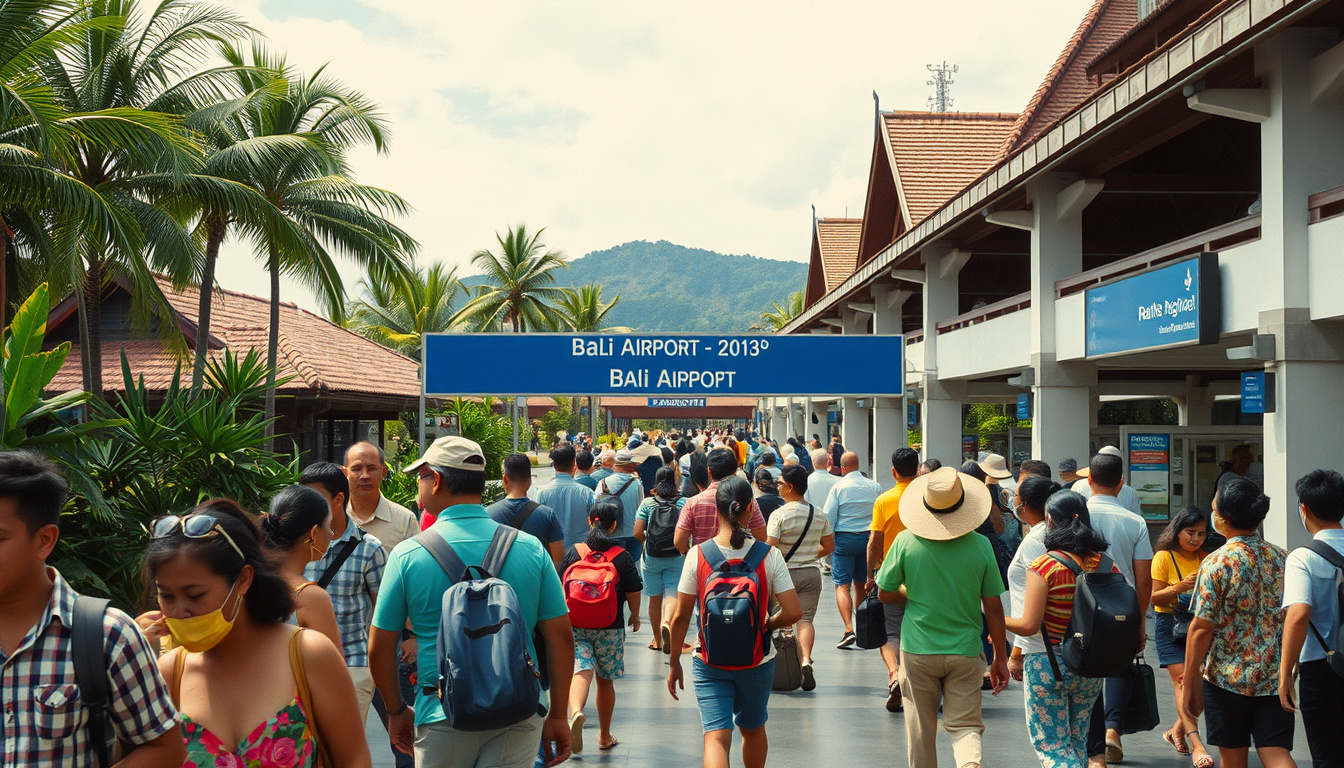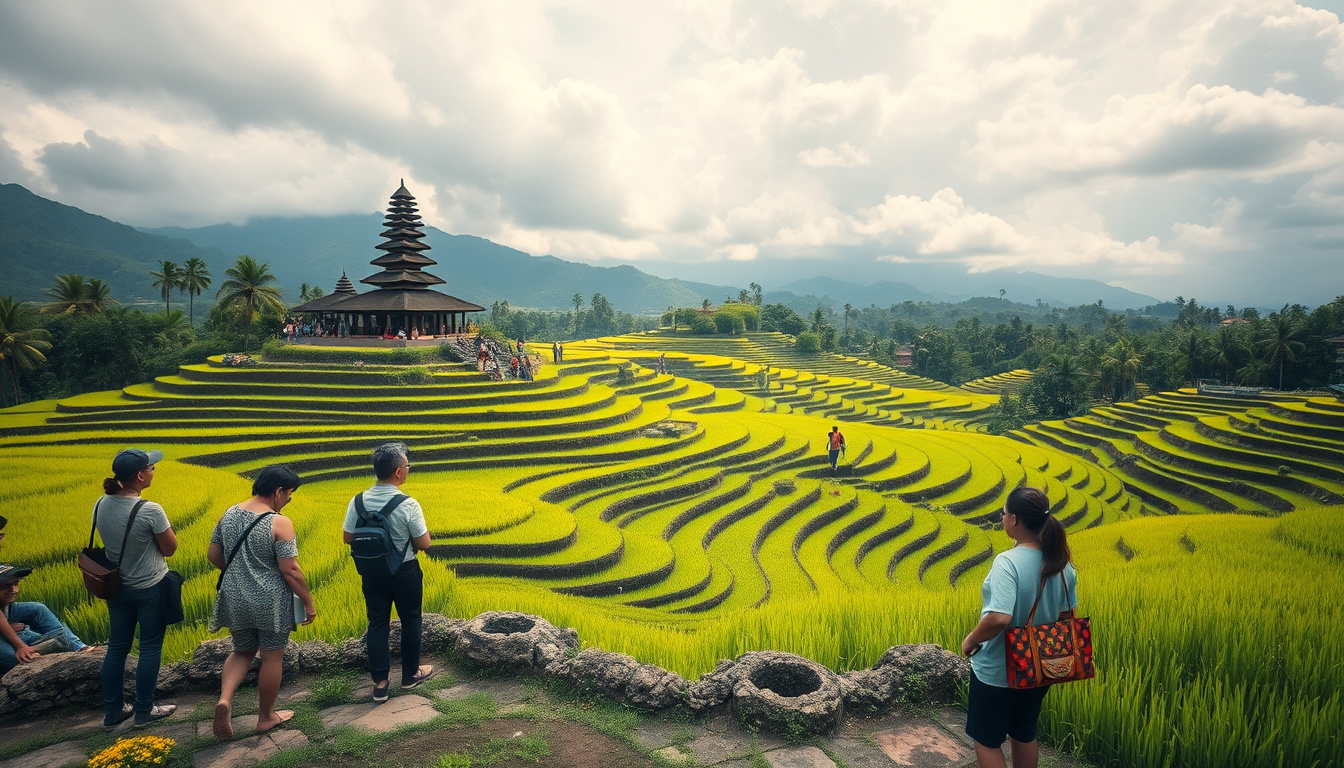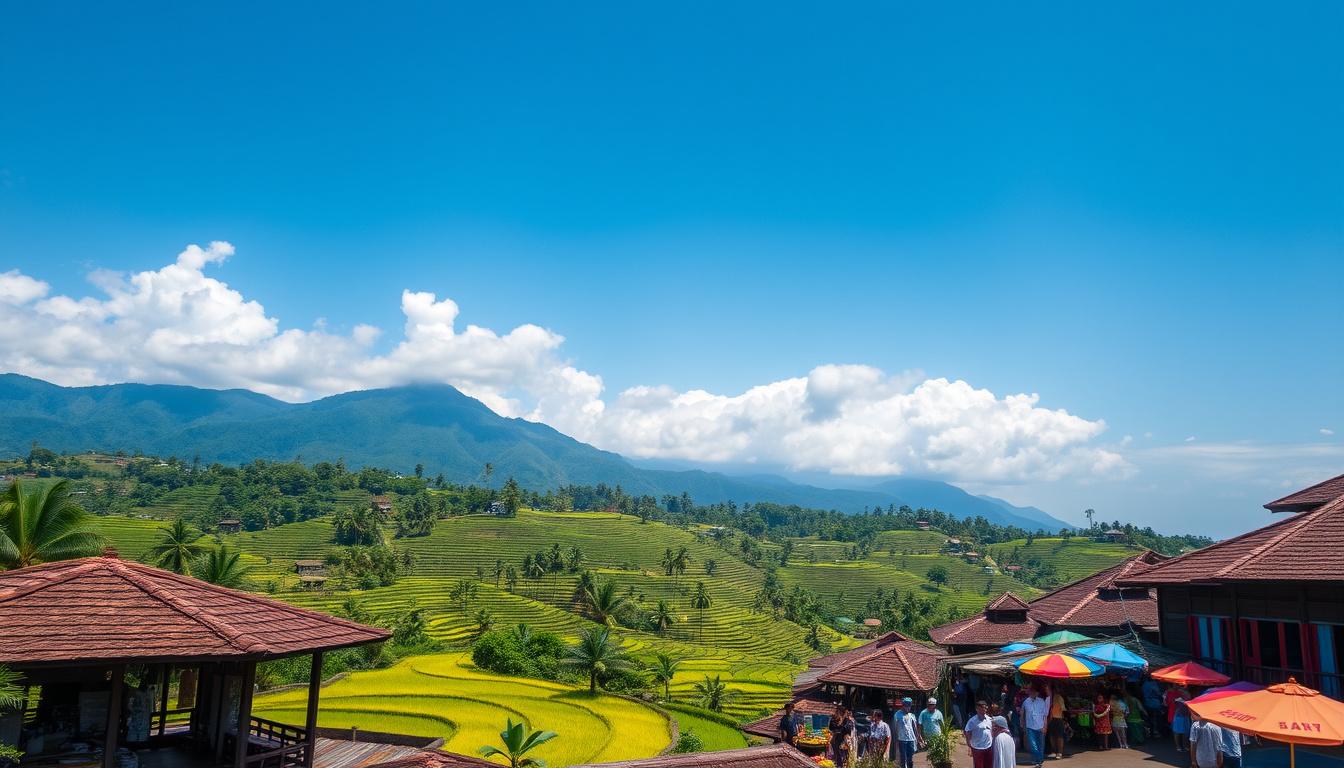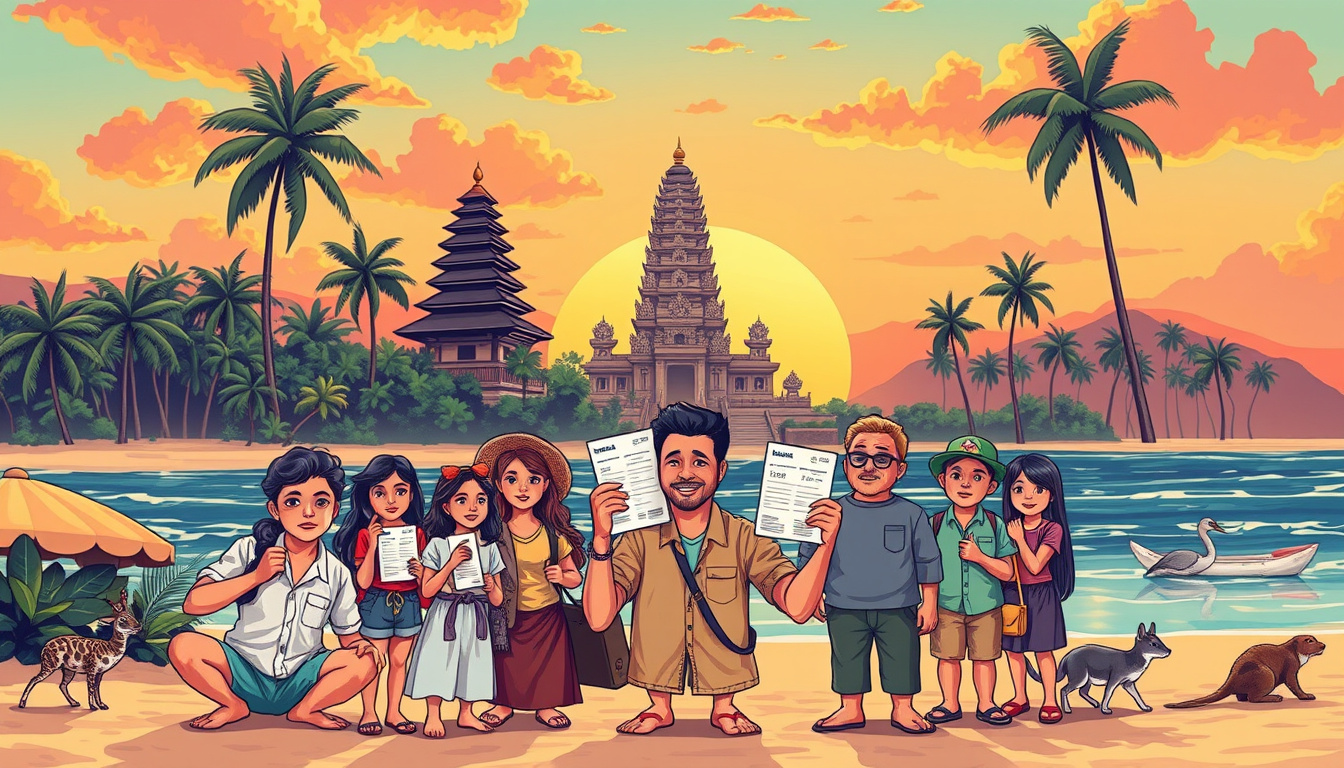The Rancagé Cultural Foundation has announced the winners of its annual Rancagé Literary Awards, comprising writers from across Indonesia. The announcement was made on Thursday, coinciding with the birthday of the foundation founder’s Ajip Rosidi.
Throughout last year, up to 110 books in Sundanese, Javanese, Balinese, Madura, Batak, Lampung, Banjar, Madura, a Javanese dialect named Using, Cirebon and Javanese-Banten languages, were submitted to the foundation, said chairman Titi Surti Nastiti.
“However this year we are only giving three Rancagé awards to Sundanese, Javanese and Balinese literature,” said Titi during an announcement event in the Sunan Ambu Building of the Indonesia Cultural Art Institute in Bandung, West Java.
Among the awardees were Eris Risnandar, who wrote Sundanese poetry collection Serah; Sunaryata Soemardjo, who authored the Javanese novel Tembang Raras ing Tepis Ratri; and I Ketut Sandiyasa, who wrote a collection of short stories called Kupu-kupu Kuning Ngindang.
Each of them received a trophy and Rp 5 million (US$359) in cash. Additionally, the Samsoedi award for Sundanese children’s books was given to Ai Rohmawati for Pohaci Nawang Wulan.
To maintain the quality of the literary works, the committee set a limit of having a minimum of three books from three different writers for each regional language. If in one year, only one or two titles are published, the event would be postponed to the next year.
In 2018, Rancagé awards were given to Sundanese, Javanese, Balinese, Lampung, Batak and Banjar authors. Titi said that books written in local dialects, such as Sundanese-Banten, had been recognized by the committee for the past two years.
“One Rancagé winner in 2017 for Javanese literature was Agul-agul Belambangan by Moh. Syaiful who used the Javanese dialect Using. We believe that good literature will remain good no matter the language,” she said.
The committee also made efforts to find out whether the books submitted had been published publicly.
“The public can, therefore, access the books and they are stored in libraries. They are not merely being printed for the sake of fulfilling the awards’ requirement.”
Ajip Rosidi, 81, initiated the award in 1989 in a bid to help preserve and develop regional language literature. Since 2004, the committee has been giving out trophies and cash prizes of Rp 5 million to the winners, which Titi said was still a very small amount.
“[The prizes] are very small compared to other literary awards that can offer tens of millions of rupiah,” she added.
The foundation believes that regional language literature not only showcases a region’s ethnography perspective but also encourages new themes, techniques and idea developments. Therefore, the judges come from different regions so they can decide the best book based on their integrity and expertise.
Meanwhile, actor, writer and Teater Koma founder Norbertus “Nano” Riantiarno questioned Ajip’s refusal to collaborate with the government in holding the Rancagé awards.
“If the government [is involved], the prizes could be bigger,” he said.
Responding to the matter, Ajip said he remained true to his principle of not asking any favors from the government.
“I refuse to do so. Rancagé has survived until today. If the government is willing to give something, I will accept it. But instead, it gives me a tax notice,” Ajip said. The time and place for the 2019 Rancagé Literary Awards and Samsoedi Award ceremony have not yet been decided, said Titi.
“The foundation will conduct the event in cooperation with other parties. More updates will be announced.”
Source&image: TheJakartaPost











Add a comment